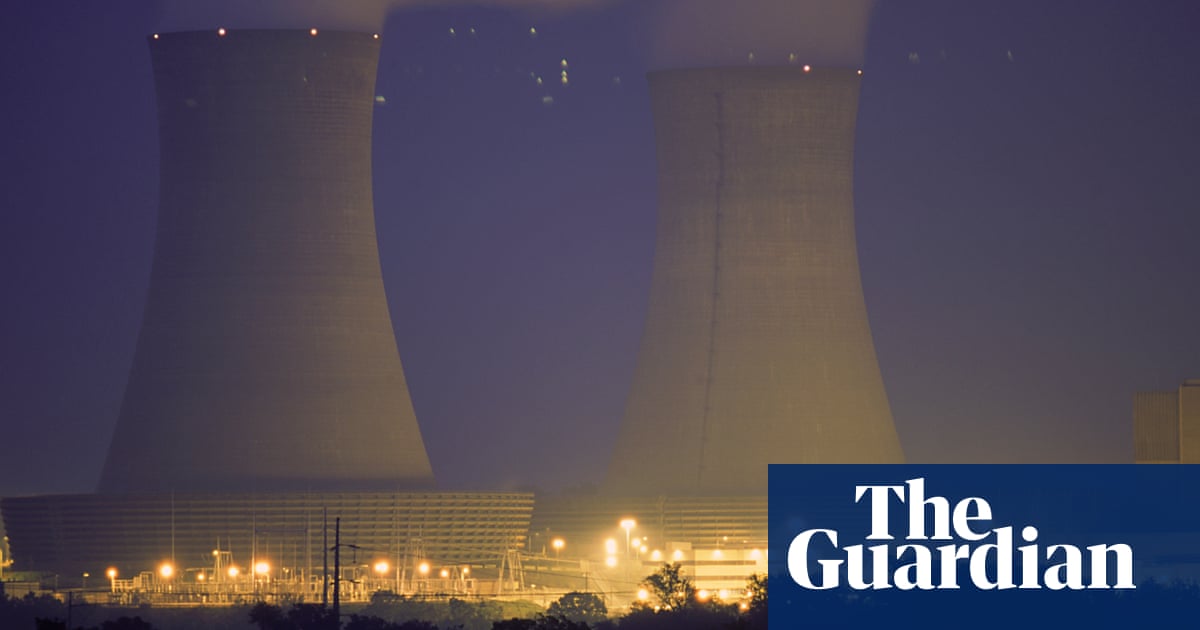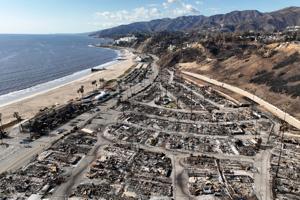New York Plans First Major US Nuclear Plant in Over 15 Years

New York Governor Kathy Hochul has announced an ambitious plan to construct a new nuclear power plant in upstate New York, marking the first major development of its kind in the United States in over 15 years. The proposed plant aims to generate at least 1 gigawatt (GW) of zero-emission nuclear power, a significant step in bolstering the state’s energy grid.
Governor Hochul stated that the New York Power Authority (NYPA) has been tasked with developing and constructing this advanced nuclear facility. The initiative is part of a broader strategy to ensure a reliable and affordable electric grid as New York transitions away from fossil fuels and towards a more electrified economy.
“As New York state electrifies its economy, deactivates aging fossil fuel power generation, and continues to attract large manufacturers that create good-paying jobs, we must embrace an energy policy of abundance that centers on energy independence and supply chain security to ensure New York controls its energy future,” Hochul emphasized in her statement.
Nuclear Power: A Critical Energy Initiative
The governor described the nuclear plant as a “critical energy initiative” that would complement the ongoing construction of renewable energy sources. The NYPA is expected to “safely and rapidly deploy clean, reliable nuclear power for the benefit of all New Yorkers,” she added.
The plant is projected to provide zero-emission baseload power, advancing New York’s goal of achieving a clean energy economy. However, the announcement has sparked controversy among renewable energy advocates.
Opposition from Renewable Energy Groups
Renewable energy groups have criticized the decision, arguing that it detracts from efforts to expand wind and solar power. The Public Power NY Coalition released a statement expressing concern over the move, suggesting it deviates from the state’s climate goals.
“NYPA has the power and mandate to build 15GW of renewables and should not let Trump promises lead New Yorkers away from it,” the coalition stated. “NYPA should be laser-focused on rapidly scaling up their buildout of affordable solar and wind, which is the only way to meet the state’s science-based climate goals and lower energy bills.”
National Context and Industry Implications
This development will test former President Donald Trump’s executive orders aimed at accelerating nuclear power development in the U.S. Despite the announcement, the specific site and reactor design for the new plant have yet to be determined.
Nuclear power currently accounts for about 19% of the country’s electricity, a figure that has declined from its 2012 peak. Industry experts predict further declines, although technology companies are increasingly turning to nuclear power to meet the energy demands of AI computing centers.
Only five new commercial reactors have come online in the U.S. since 1991, and electric utility companies forecast that the U.S. will need the equivalent of 34 new, full-size nuclear power plants over the next five years to meet power requirements.
Corporate Moves and Future Prospects
Corporate giants like Microsoft and Amazon have already made moves in the nuclear energy sector. Microsoft recently signed a 20-year purchase agreement with Constellation to restart a reactor at Three Mile Island in Pennsylvania. Amazon has also signed a deal to purchase nuclear-generated power from the Susquehanna nuclear power plant to supply its data centers.
Meanwhile, Google has announced a deal to purchase nuclear energy from small modular reactors (SMRs), and Amazon has invested in four SMRs in Washington state to power data centers in Oregon. Oracle is also planning an AI data center powered by SMRs.
Challenges and Environmental Concerns
Despite the potential benefits, the nuclear power industry faces challenges, including safety concerns, cost overruns, and an unfavorable political environment. Environmental groups have warned that the push for nuclear could reduce regulatory controls related to health and safety.
Governor Hochul acknowledged these concerns, suggesting to Trump that Elon Musk’s “department of government efficiency” should focus on streamlining regulatory approval at the Nuclear Regulatory Commission. “Why does it take a decade?” she questioned. “That’s why no one is doing it; the barriers are too high.”
The development of the new nuclear plant in New York will be closely watched as a potential catalyst for reviving the U.S. nuclear industry, which has been in decline for decades. The outcome could significantly impact the nation’s energy landscape and its approach to meeting future power demands.





